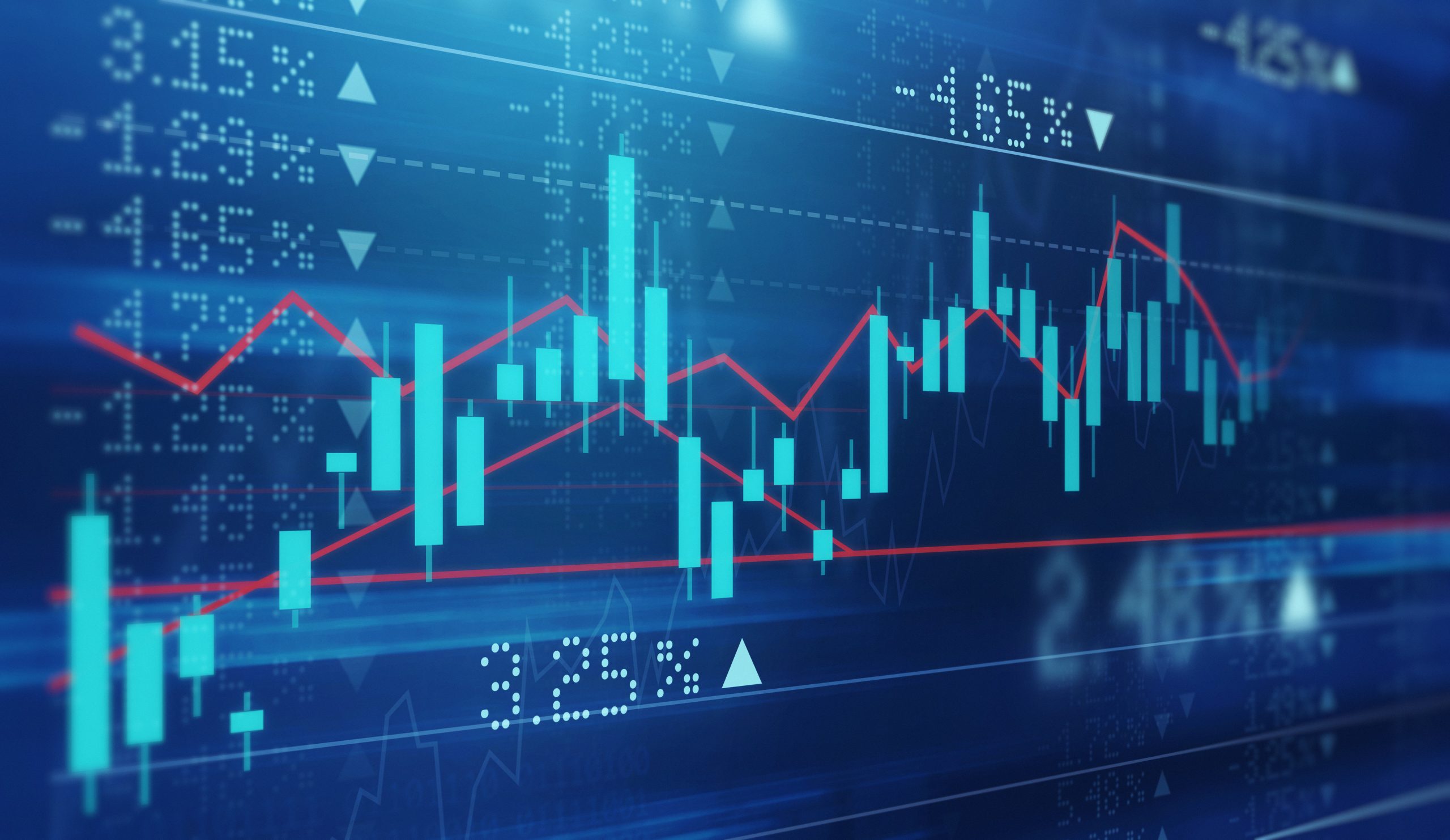Discussions on X (formerly Twitter) have been dominated by concerns surrounding a potential #StockMarketCrash and the ongoing debate over Bidenomics, the economic policy framework attributed to U.S. President Joe Biden’s administration. As market volatility affects both the S&P 500 and the Dow Jones Industrial Average, investors and everyday citizens alike are reacting to fluctuations that could have profound effects on the U.S. and global economies.
Stock Market Volatility and Fears of a Crash
The hashtag #StockMarketCrash has gained considerable traction as fears of a looming market downturn intensify. Several factors have contributed to these concerns, including rising interest rates, inflationary pressures, and global economic uncertainties. Central banks, including the U.S. Federal Reserve, have been raising interest rates to combat persistent inflation, but this has led to increased borrowing costs for businesses and consumers, thereby slowing economic growth.
Investors are particularly worried about how these factors might converge into a full-blown market correction or crash. Market volatility has spiked, with significant swings in both the S&P 500 and Dow Jones indexes. The S&P 500, which tracks the performance of 500 of the largest publicly traded companies in the U.S., has experienced sharp declines, reflecting broader concerns about economic stability. Similarly, the Dow Jones, a key indicator of industrial performance, has also shown signs of weakening.
Global markets have not been immune either, as fears of a slowdown in China and ongoing geopolitical tensions, such as the war in Ukraine, continue to weigh heavily on market sentiment. Investors are closely watching these developments, unsure of how prolonged these effects may be or whether the situation will deteriorate further.
Debates Around Bidenomics
While market volatility has captured the attention of financial analysts and retail investors, the broader debate surrounding Bidenomics has also stirred heated discussions online. “Bidenomics” refers to the economic policies introduced by the Biden administration, which emphasize large-scale government spending on infrastructure, clean energy, healthcare, and social safety nets, with the aim of creating jobs, reducing inequality, and supporting economic growth.
Supporters of Bidenomics argue that these investments are necessary for long-term growth, especially in the face of global competition and the ongoing climate crisis. They credit the administration’s policies with fostering economic resilience, citing low unemployment rates, a recovering post-pandemic economy, and wage growth as positive outcomes.
However, critics have raised concerns about the sustainability of these policies. Many believe that the significant increase in government spending has contributed to rising inflation, forcing the Federal Reserve to raise interest rates. Higher interest rates, in turn, have slowed down economic activity, making it more difficult for businesses to borrow money and expand. Some critics also point to the growing national debt, arguing that the federal government’s aggressive spending will have long-term consequences for future generations.
The Impact on Ordinary Americans
The combination of market volatility and debates about Bidenomics has left many Americans feeling uncertain about the future. Rising interest rates have made it more expensive for individuals to secure mortgages, car loans, and other types of credit. At the same time, inflation continues to erode purchasing power, particularly for lower- and middle-income families. For many, the fear of a market crash could mean the potential loss of retirement savings or other investments tied to the stock market.
Moreover, the debate over Bidenomics reflects a larger question about how to balance short-term economic needs with long-term fiscal responsibility. While some see the government’s role in stimulating the economy as vital during periods of crisis, others worry that excessive intervention could stifle private sector growth and lead to economic instability.
Conclusion
As conversations surrounding the #StockMarketCrash and Bidenomics dominate social media, it’s clear that economic uncertainty remains a top concern for many Americans. The volatility in financial markets, coupled with the ongoing debate over the effectiveness of government policy, has led to a wide range of opinions about the future direction of the economy. Whether or not these fears of a market crash materialize, the discussions unfolding on platforms like X reflect the anxieties and hopes of a nation grappling with economic challenges and opportunities.












I think a stock market crash could actually be a good thing to shake things up and reset the financial system.
I dont buy into the hype about a stock market crash. Its just fear-mongering to keep us on our toes. Stay calm, folks!
I dont buy into the hype. Stock market crashes happen, but the US economy is resilient. Stay calm and keep investing!
I dont buy into the stock market crash hype. Its all just fear-mongering. Stay calm and keep investing smartly.
Fear-mongering or not, caution is key in unpredictable markets. Smart investing includes being prepared.
I think a stock market crash could actually be a good thing – shake things up, reset the system. Time for change!
Are you serious? A stock market crash means people losing their savings and jobs. Not good.
I think a stock market crash could be a good wake-up call to shake things up and create new opportunities. #controversialviewpoints
I think the stock market crash might actually be a good thing. It could shake things up and bring about positive change.
I think we should all invest in cryptocurrency instead of stocks. Who needs the stock market anyway? #cryptoftw
I think a stock market crash could actually be a good reset for the economy. Time for a shake-up! Lets see what happens.
I think a stock market crash could actually be a good thing to reset the system and weed out the weak players.
I think a stock market crash could actually be a good thing to reset the economy. Time for a shake-up!
Honestly, I think a stock market crash could be a good wake-up call for the economy. Time for a reset, am I right?
I think the stock market crash could actually be a good thing for the economy. Time for a reset! Lets embrace the chaos.
I think a stock market crash could be a good wake-up call for investors to reassess their priorities and investments. Lets embrace change!
I think this stock market crash talk is just fear-mongering. Time to buy low and ride the wave up! 💰📈 #contrarianview
I think a stock market crash could be a good wake-up call for people to reevaluate their priorities and investments. Lets see what happens!
Or it could devastate peoples savings and livelihoods. Not a wake-up call worth risking.
I think a stock market crash could actually be a good thing to reset the economy. Time for a fresh start!
I think a stock market crash could be a good wake-up call for overinflated markets. Time for a reality check!
I think the stock market crash could actually be a good thing for the economy in the long run. Time for a reset!
I think a stock market crash could actually be a good thing to shake things up and create opportunities for new growth.
I think a stock market crash could actually be a good wake-up call for the economy. Time for a reset!